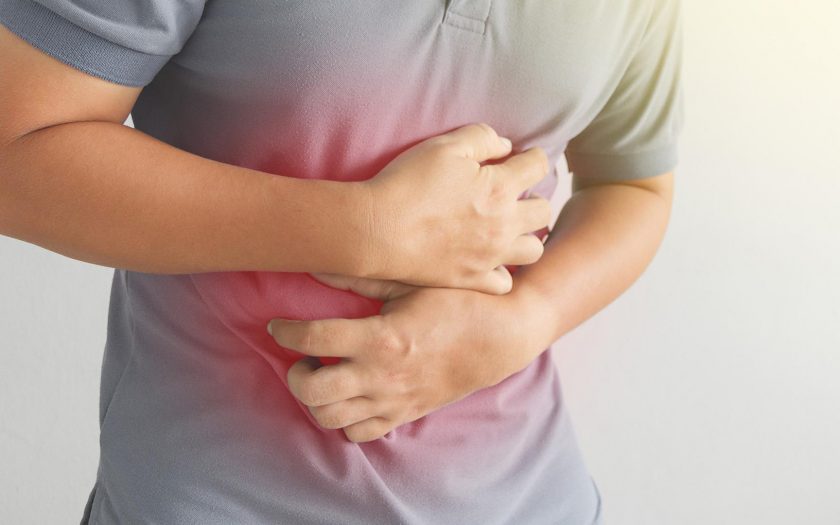An ulcer is a disease that leads to deterioration in the functioning of whole digestive system. During an illness, you should be careful about your diet, since the use of even seemingly healthy foods can worsen your condition. Stomach ulcer therapy is a complex process, one of the main parts of which is good nutrition.
The main purpose of nutrition in this disease is to normalize your digestion and accelerate the regeneration of the gastric mucosa, sparing the injured organ.
The basic principles of nutrition for this disease:
- it is better to eat food in the form of puree;
- use the principle of frequent eating;
- exclude too cold and too hot dishes;
- limit the amount of the salt to 10-12 grams per day;
- eat small meals 4-6 times a day.
Products, which recommend for use in case of ulcer disease:
- eat white bread (40-100 g per day);
- milk cereal soups, puree, milk soups with the addition of pureed vegetables (except for cabbage);
- soft-boiled eggs or steam omelet, but no more than 3 eggs a day;
- dairy products (fresh non-acidic sour cream, fresh non-acidic cottage cheese);
- poultry dishes (lean meat – beef, veal, chicken without tendons, fat);
- fish dishes – various low-fat varieties of fish, preferably river fish (pike, perch) in boiled, steamed, chopped form;
- vegetable dishes and side dishes – potatoes, carrots, beets, pumpkin, zucchini, steamed or baked without crust;
- various dishes, side dishes of cereals and pasta – semolina, buckwheat, oatmeal, pearl barley, rice cereals;
- vegetable oil (25-30 g), but note that the total amount of fat per day should not exceed 110 g;
- berries – sweet varieties (such as strawberries, raspberries);
- fruits – soft, sweet and non-astringent varieties. Eat boiled, mashed or baked;
- vitamins can be obtained from non-acidic berries, juices, rose hip broths and wheat bran.
Let’s consider foods that are not recommended if you have peptic ulcer disease:
- meat and fish broths and soups made from them;
- any dishes from any mushrooms;
- okroshka and cabbage soup;
- any fatty meat and fish, including lard and caviar;
- smoked meats, most sausages;
- canned food, as well as pates;
- fermented milk products such as kefir
- fatty dairy products;
- hard-boiled eggs, as well as scrambled eggs (but you can eat soft-boiled eggs);
- barley, wild rice and corn, as well as granulated bran and muesli;
- vegetables high in fiber, as well as difficult to digest vegetables: radishes, cabbage, turnips, peas, bean, russula;
- it is worth limiting the use of cucumbers and tomatoes, as well as tomato paste;
- plant food that can irritate the mucous membrane of the damaged organ: sorrel and rhubarb, garlic and onions;
- berries and fruits with acid: gooseberries, figs, grapes, currants, lemons, oranges, limes, tangerines, pineapples;
- any spicy, salty foods and spicy sauces: mustard, horseradish, ketchup, vinegar;
- ice cream and chocolate;
- tea, cocoa, coffee, all carbonated drinks, alcoholic beverages;
- rye bread, pastries.
The main condition that you must adhere to is a positive mood and faith in recovery. By following a diet, doctor’s recommendations, and taking ulcer medications regularly, you will quickly deal with the problem.

